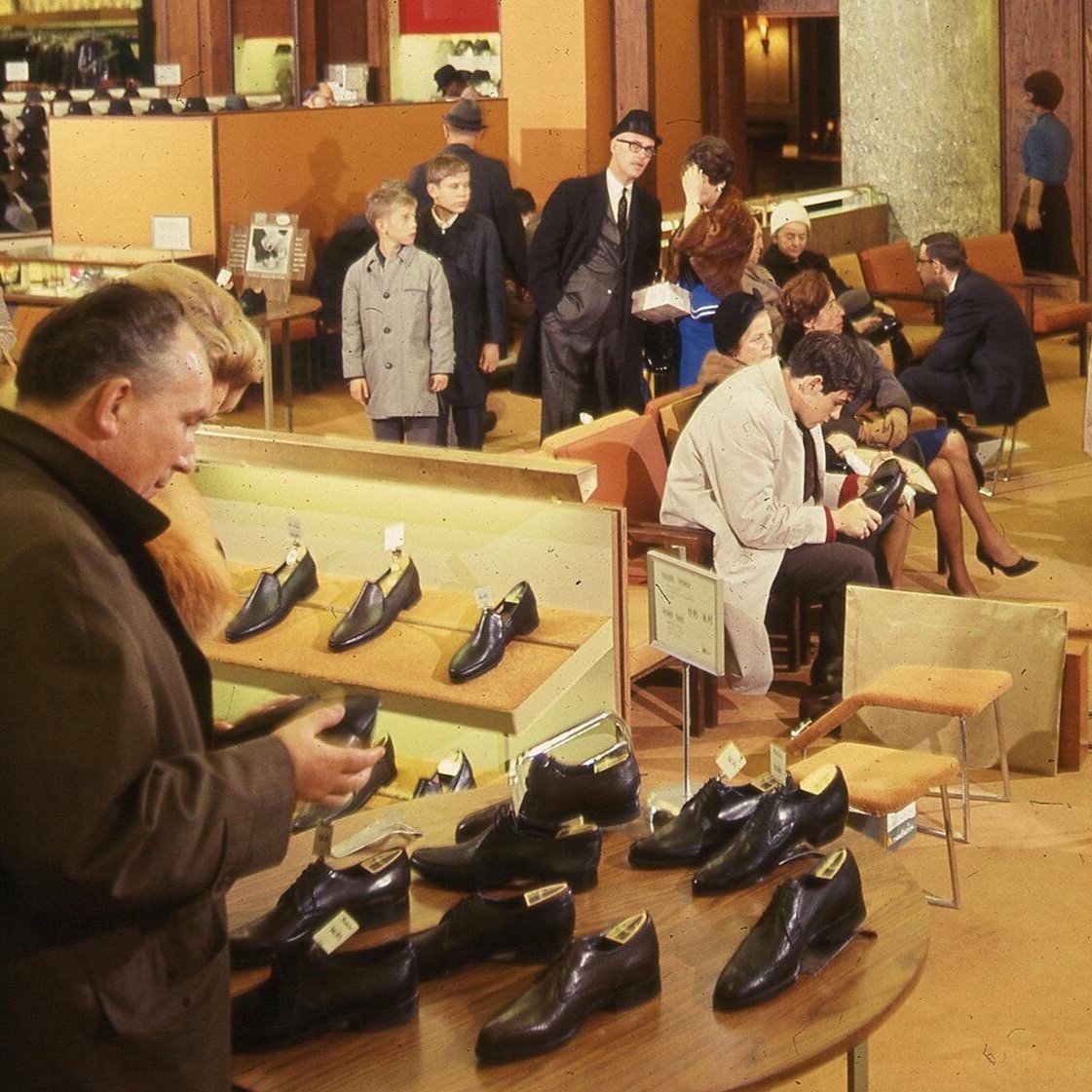Find current and historical Australian industry information, including profiles, statistics, and sources of news.
Industrial relations, employment relations or workplace relations refers to the relationship and negotiation between employers, their workers, unions and government within the working environment to ensure conditions are satisfactory and obligations are being met. This includes things such as setting reasonable expectations, minimum wages, working times and leave provisions.
Trade unions began to appear in Australia in the 1860s and 1870s, and a group of stonemasons in Melbourne became the first group of industrial workers to win the significant eight-hour day.
State Library Victoria holds material relating to industrial relations generally, as it relates to different industries, law and legislation, trade unions, campaigns, and people.
For a general overview of industrial relations in Australia, try the following searches:
"Industrial relations" Australia or "Industrial relations" history Australia.
Additional keywords can be added for a specific industry. For example: "Industrial relations" history Australia construction.
To find material on the history of unions or campaigns, the following searches or resources may be helpful.
Try a broad search such as union history Australia.
Search on the name of a Union or former Union to find material produced by or about them. For example: Federated Furnishing Trades Society of Australasia.
Search on the name of a campaign. For example, Eight Hour Day or MUA strike of 1998.
Not sure of the name of a Union or former Union? See the Wikipedia List of trade unions in Australia, and/or find a registered organisation via the Fair Work Commission.
To find material about significant people:
Search on the name of a labour or union identity, such as Bob Hawke and Alfred Tennyson Brodney.
Although, it does not appear to have been updated recently, the Australian Trade Union Archives is an online gateway for researchers and scholars of labour history. It links together historical detail, the location of archival resources available in public archives and libraries (including SLV), published material, and information about Australian industrial organisations, particularly trade unions, starting from the late nineteenth century.
The Library holds an incomplete set of historical wage determinations produced by various wage boards and other bodies, as well as some industry awards. More current industry and enterprise awards can be found on the Fair Work Commission website, or by searching for the relevant union website. Current pay guides can by found at the Fair Work Ombudsman website.
The Library's collection of political ephemera is an invaluable resource for researching a broad spectrum of Victorian social and political movements.
The Riley & Ephemera Collection, which contains much of our political ephemera, was started by trade unionist and politician Fred Riley. Trade unions, political parties and university clubs and societies are strongly represented. For more of insight into the collection, watch this short video (3mins 49secs).
When searching the catalogue to find items from the Collection, for best results, include the word Riley in your search (for example, Riley wages or Riley NTEU).

